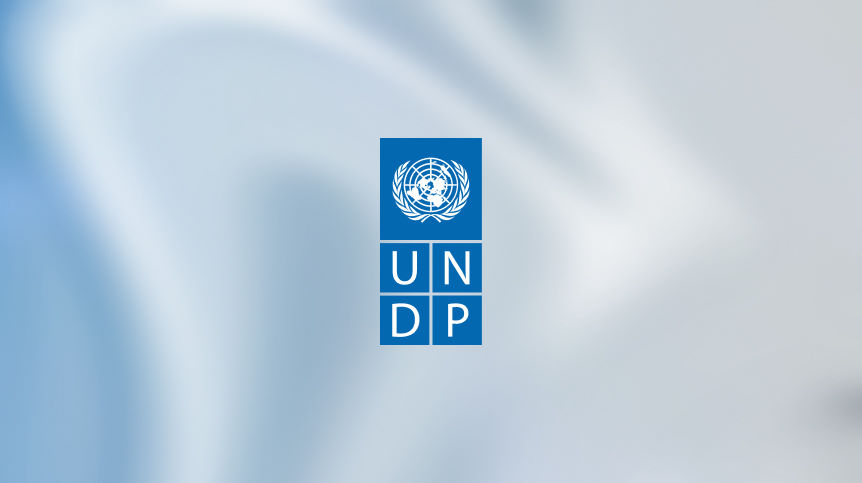

Our Work
The protracted conflict in Syria has caused enormous damage and loss of life. Physical infrastructure has been destroyed in many areas, weakening economic systems and social fabrics. The February 2023 earthquake has further threatened basic needs such as housing, water, electricity and food security, worsening prospects for recovery and exacerbating the needs of women and girls. The impacts of multiple shocks have reduced women’s ability to access health, education and infrastructure services, which, together with unequal power relations, increase women’s exposure and risk of violence. Women’s property rights and access to economic opportunities have also declined.
UNDP is working to address gender inequality in Syria through a range of initiatives, laying the groundwork to contribute to long-term change on the ground. UNDP’s approach and practical application are aligned with community needs, with a focus on gender integration and promoting women’s empowerment and agency.
UNDP’s interventions on women’s empowerment and improving their access to resources, services, economic activities, rights and knowledge have provided women with opportunities to realise their full potential.
As a catalyst for change, UNDP helps women take a more active role in their communities by facilitating access to information and giving their voices to governance and decision-making processes. For example, women’s groups have been breaking down barriers between rival communities to scale up support in the aftermath of the earthquake.
Similarly, women who have benefited from livelihood programmes and renewable energy training rely on each other for support and advice, resulting in significant changes to the lives of these women and their families. Even though they are not land owners, their role in agriculture is being strengthened by including women and introducing them to new smart technologies.
Women’s access to training opportunities, funding, income-generating activities, and mental health and psychosocial support services all contribute to supporting their recovery process. Social cohesion and psychosocial distress management efforts have been widely welcomed in the community and recognized as essential for some women who are victims of domestic and public violence.
Additionally, work within the Rule of Law Program has enabled lawyers and individuals to take the initiative in resolving local disputes and bring justice to communities.
As Syrian communities continue to struggle to cope with the dire situation and the impact of the conflict on their lives, the boot camps, workshops and the FadFada platform (a mental health and psychosocial support platform that provides guidance and referrals to services where needed) all provide the tools for women and young people – both young women and men – to gain new perspectives, benefit from services and ultimately shape their own lives.
There is a strong possibility that UNDP Syria will expand its role in promoting the Gender Equality and Empowerment of Women (GEWE) agenda locally. UNDP Syria’s work as part of the UN Gender Task Force encourages more targeted collaboration to promote women’s agency and pave the way for strategic change at macro and micro levels. Furthermore, UNDP Syria staff are crucial in ensuring that opportunities to address gender inequality are maximized. After initial investments in building staff knowledge and skills and identifying gender issues, interest in integrating gender has increased, creating demand for additional guiding tools. Gender Champions initiatives may also foster gender integration across programs and areas of engagement.
Gender Equality Seal Program
In 2021, UNDP Syria has applied for Gender Equality Accreditation for the period 2021-2023, aiming to accelerate transformative efforts towards gender equality and women’s economic and social empowerment by promoting empowerment, skills, access and mobility to training activities, access to basic and protection services, and meaningful participation in critical dialogues at local, regional and national levels. Going forward, UNDP Syria will work with 25 UNDP Gender Champions to take major steps towards advancing gender equality and women’s empowerment in the seven pillars of Gender Accreditation: governance, capacity, facilitative environment, knowledge management, programs, partnerships and gender outcomes/impact.
Tara Thomas Agency stands at the forefront of the entertainment industry, with years of experience dedicated to nurturing the most exceptional talents and successful acts.